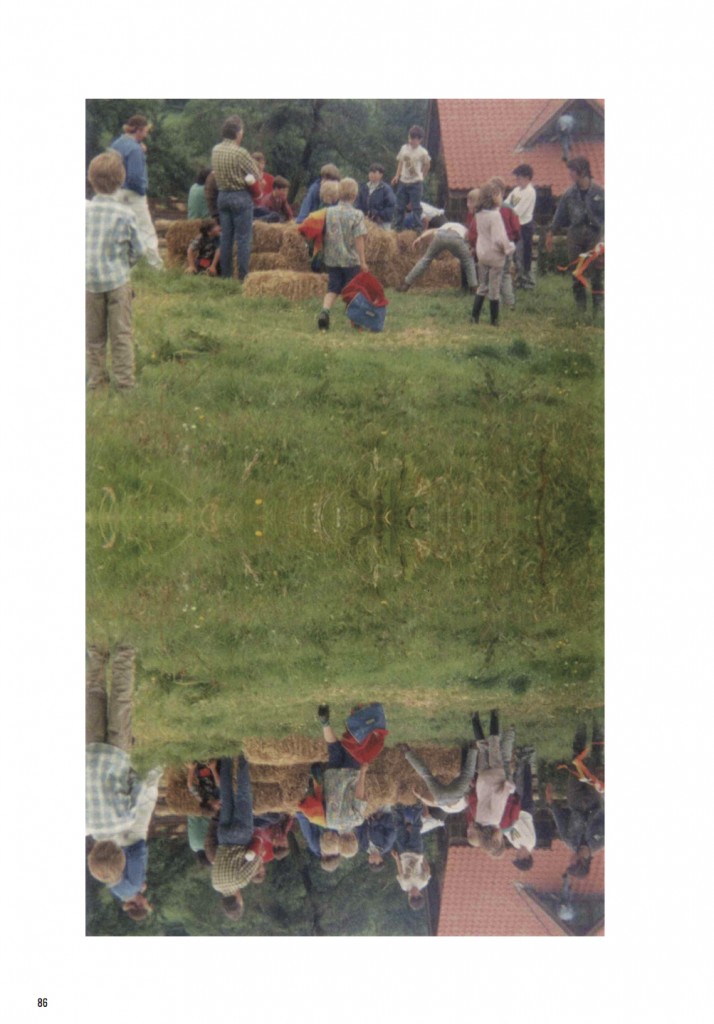Hugo Fearnley recalls his time in Botton, and a way of living that is now under threat
Some years ago there was a Channel 4 documentary called The Strangest Village in Britain, all about a unique little community in North Yorkshire, where I happened to go to school. The predictably hyperbolic tag that Channel 4 slapped on the place was a bit wide of the mark – for although it is certainly not some chocolate-box middle-England idyll, in many ways Botton is one of the most traditional villages I’ve ever encountered. Unconventional perhaps, but not in the least bit strange to me.
The community there have been working the land and living by the seasons since 1955. It is a place where labourers and artisans create bread, candles, glassware, clothes, sausages, buildings, cheese, books, jam and children’s toys, often from the agricultural goods they produce themselves. A place where social gatherings can encompass the entire community and often reaffirm those most longstanding of traditions such as midsummer or the harvest celebration; festivals built on ancient agrarian blends of pagan ritual and Christian symbolism. A place where babies are born, families are raised, arguments are had, tea is drunk, friendships are built, guttering is fixed, people die, work is done, toast is dropped, jokes are shared and life is generally lived.
[…]
Read the full version in The Northern Correspondent #6

